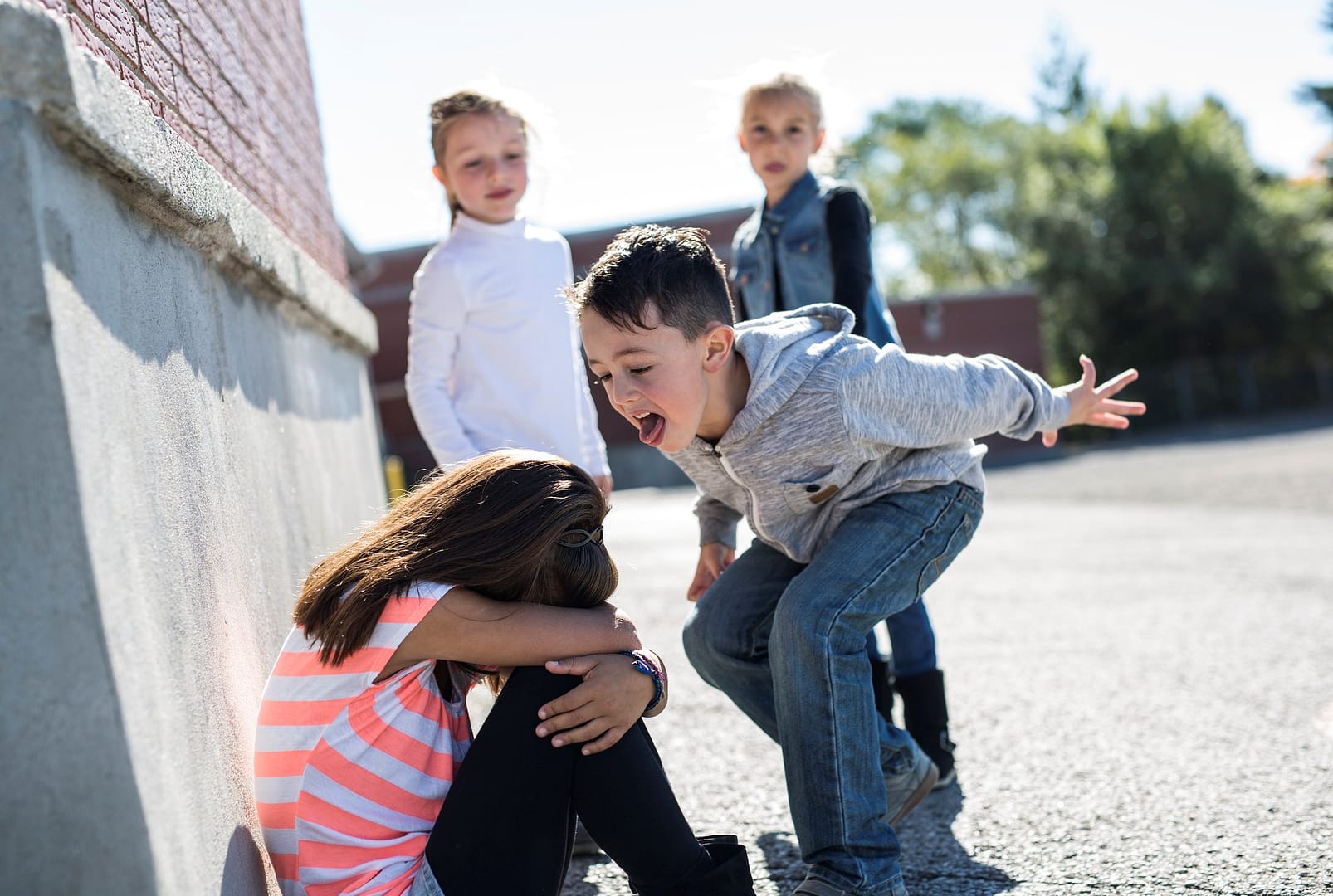How To Teach About Peer-On-Peer Abuse In Primary Schools
Written by Sarah Huggins
Published on 24th March 2022
Last Updated: 11th November 2024
Written by Sarah Huggins
Published on 24th March 2022
Last Updated: 11th November 2024

Last year many of us were shocked by the reports from children and young people who had experienced sexual harassment and abuse from their peers in school. The Government responded by commissioning Ofsted to rapidly review the situation. The review was published in June 2021 and outlined the scale of the issue and suggestions of the actions schools need to take. In light of this report, the Department for Education (DfE) updated its guidance for schools. Both Ofsted and the DfE are clear that all schools need to respond to this issue and must assume that harassment and abuse are happening in their setting.
While cases are less likely in primary schools, this does not mean it is not an issue, and therefore, every school needs to consider how they will tackle this issue carefully. There is no doubt that a whole-school approach is required for this to be effective. This needs to include safeguarding procedures, behaviour policies and reporting procedures, and the taught curriculum. RSE & PSHE education, including statutory Relationships and Health Education, will be the key curriculum area to raise awareness and understanding for children.
Sexual harassment will not be taught directly to younger children. Still, schools need to carefully consider how their curriculum lays the foundations for children to learn about this topic as they get older. The statutory guidance contains several relevant areas and these can be seen below. In summary, the topics will contribute to respectful relationships, reporting concerns, addressing stereotypes and consent. By upper key stage 2, it will likely be appropriate to tackle some of these issues in more detail with children.
The key aspects of the statutory guidance which relate to this topic are:-
The Kapow Primary RSE and PSHE curriculum supports schools to deliver these crucial topics, and the following lessons address factors related to sexual harassment:
Families and Relationships |
Safety and the changing body |
|
| Year 1 | Lesson 6 – Healthy friendships | Lesson 5 – Appropriate contact |
| Year 2 | Lesson 4 – Unhappy friendships | Lesson 3 – Secret and surprises |
| Year 3 | Lesson 3 – Friendships: Conflict versus bullying | |
| Year 4 | Lesson 2 – Healthy friendships | |
| Year 5 | Lesson 7 – Stereotyping: gender | Lesson 1 – Online friendships |
| Year 6 | Lesson 2 – Respectful relationships | Lesson 5 – Conception |
This can be a sensitive topic, and therefore, it must be taught within a safe learning environment. Many of these ideas will be used in your PSHE education lessons but should be reinforced for sensitive topics.
These should be negotiated with children, but you need to ensure they include not sharing personal information or naming other people and what can and cannot be kept confidential.
When having discussions in lessons, children should not be talking about their own experiences. You might want to ask them to consider what might happen to people similar in age to them or what they might do in certain situations.
While reporting individual concerns is not appropriate in a lesson, children still need to know where to get help. Ensure the lesson tells them whom they can talk to in and out of school. Also, make sure they understand what will happen if they report concerns.
Give children the opportunity to ask questions in the session and provide anonymous opportunities such as a question box. Children might also use this to report concerns, so make sure it is regularly monitored.
Lessons need to be balanced to ensure they are realistic about what children may have experienced (or seen others experiencing) but not frightening them. Consider carefully any resources you select to ensure they meet the needs of the children in your school.
Women and girls more frequently experience sexual harassment. However, it is essential that you do not create a blame culture. The focus of lessons should be how everyone deserves respect and what children can say or do to make sure this is the case.